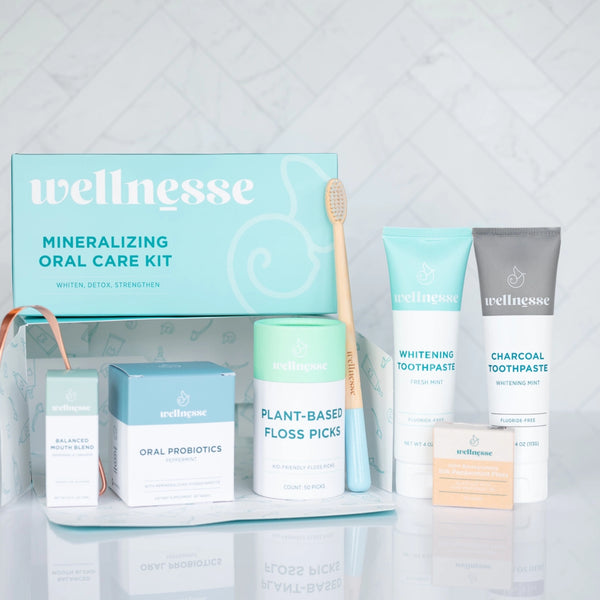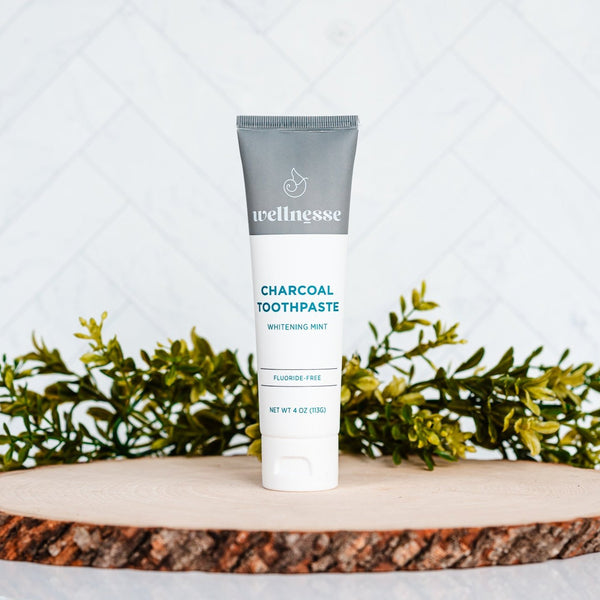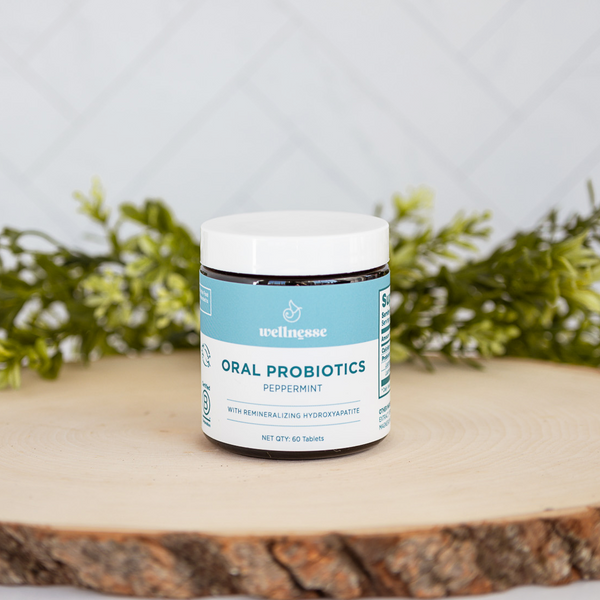When you think about your overall health, what comes to mind? A balanced diet, exercise, sleep, maybe stress management. But chances are, oral care isn’t high on your list. It’s often seen as cosmetic or routine—a quick brush and floss so your teeth stay white and your breath stays fresh.
But here’s the truth: oral health is a powerful, under-recognized gateway to your overall well-being. Neglecting it can silently sabotage your immune system, worsen chronic diseases, and even impact fertility.
Let’s dive deep into why your mouth is more than just a chewing machine—and how paying attention to it could change the trajectory of your health.
The Mouth-Body Connection: Why It Matters More Than You Think
Your mouth is the entrance to your digestive and respiratory tracts. It is a microbiome all on its own, hosting over 700 species of bacteria. Some are helpful, but others, when allowed to overgrow due to poor oral hygiene, can become harmful. When this microbial balance is disrupted, inflammation can set in—not just in your gums, but systemically.
Gum disease, or periodontitis, is a chronic inflammatory disease triggered by bacteria. It doesn’t just destroy your gums—it releases inflammatory molecules that travel through your bloodstream and affect other organs. And that’s where the domino effect begins.
How Oral Health Impacts the Entire Body
If you believe that oral health is simply contained to your mouth and does not impact other areas of your health, read on!
1. Oral health and heart disease are closely linked.
People with gum disease are two to three times more likely to have a heart attack, stroke, or another serious cardiovascular event. Why?
Inflamed gums release cytokines—small proteins that trigger systemic inflammation. Chronic inflammation is a major player in heart disease. Additionally, harmful oral bacteria can enter the bloodstream, attach to fatty plaques in the heart’s blood vessels, and contribute to clot formation.
A 2020 study in the Journal of Clinical Periodontology even found that individuals with gum disease had higher rates of heart disease-related complications, regardless of other risk factors.
If you have a family history of heart disease or stroke, don’t just monitor your blood pressure—start with your toothbrush.
2. Diabetes and Gum Disease Feed Off Each Other
The relationship between diabetes and oral health is bidirectional—meaning one condition worsens the other.
People with diabetes are more prone to infections, including gum disease. Elevated blood sugar levels make it easier for harmful bacteria to thrive. Meanwhile, gum disease raises systemic inflammation, making it harder to control blood glucose levels.
Studies show that treating periodontal disease can improve insulin sensitivity and reduce A1C levels—offering better diabetes management.
If you have diabetes, improving your oral hygiene can be just as essential as diet and medication in keeping your blood sugar in check.
3. Is Pregnancy and Fertility Impacted by Oral Health? Yes!
Trying to conceive? Already pregnant? Your oral health matters—big time.
Pregnancy triggers hormonal changes that can make gums more sensitive to plaque, often resulting in pregnancy gingivitis. If left untreated, it can progress into periodontitis, increasing the risk of preterm birth, low birth weight, and preeclampsia.
On the fertility side, chronic gum infections may impact hormone levels and ovulation. One Australian study found that women with gum disease took an average of two months longer to conceive than women with healthy gums.
If you're planning a family or are currently pregnant, a dental check-up should be as routine as your OBGYN visits.
4. Oral Bacteria Can Travel—Affecting Lungs, Joints, Brain, and Even Bones
Neglecting oral hygiene allows pathogenic bacteria to proliferate. These bacteria don't stay confined to your mouth.
Lungs: Inhaling oral bacteria is a leading cause of aspiration pneumonia, especially in the elderly.
Joints: Some forms of rheumatoid arthritis may be triggered by the same bacteria involved in periodontal disease.
Bones: Chronic oral inflammation can weaken bones in the jaw and even increase osteoporosis risk elsewhere in the body.
Brain: Emerging research is uncovering a strong connection between gum disease and neurodegenerative diseases like Alzheimer’s.
The underlying culprit is often the same: inflammation and bacterial migration from the mouth to other tissues.
Your mouth can seed infections far from your teeth—sometimes in places you’d never expect.
Ways to Optimize Your Oral Health (and Overall Health!) Starting Today
You don’t need a full health overhaul to begin seeing the benefits. These small changes can have huge ripple effects across your entire body:
1. Brush Twice Daily—for Real
Use a hydroxyapatite toothpaste with xylitol and brush for at least two minutes. Electric toothbrushes can often outperform manual ones.
2. Floss Like You Mean It
Flossing isn’t optional—it removes plaque where your toothbrush can’t reach. If you hate traditional string floss, try a water flosser.
3. Get Regular Dental Cleanings
Even with great at-home care, plaque can occur. A professional cleaning every six months can prevent long-term damage and help clean up any areas that you are missing during your brushing or flossing sessions.
4. Limit Sugary and Acidic Foods
Sugar feeds harmful bacteria. Acidic drinks like soda and even fruit juices can erode enamel. Also limit how frequently you eat as your mouth leans into an acidic level every time that you eat.
5. Watch for Signs and Act Early
Bleeding gums, bad breath, loose teeth, or gum recession are all red flags. Don’t wait—see a dentist.
It’s time we stopped thinking of oral care as just a dental issue. It’s a whole-body issue. The mouth is both a mirror and a gateway to systemic health—and it deserves more respect than it’s been given.
So the next time you pick up your toothbrush, remember: you’re not just cleaning your teeth—you’re protecting your heart, your brain, your hormones, your future children, and your quality of life.
If there’s one small habit that could drastically improve your long-term health, it’s this: take care of your mouth—it’s taking care of the rest of you.











